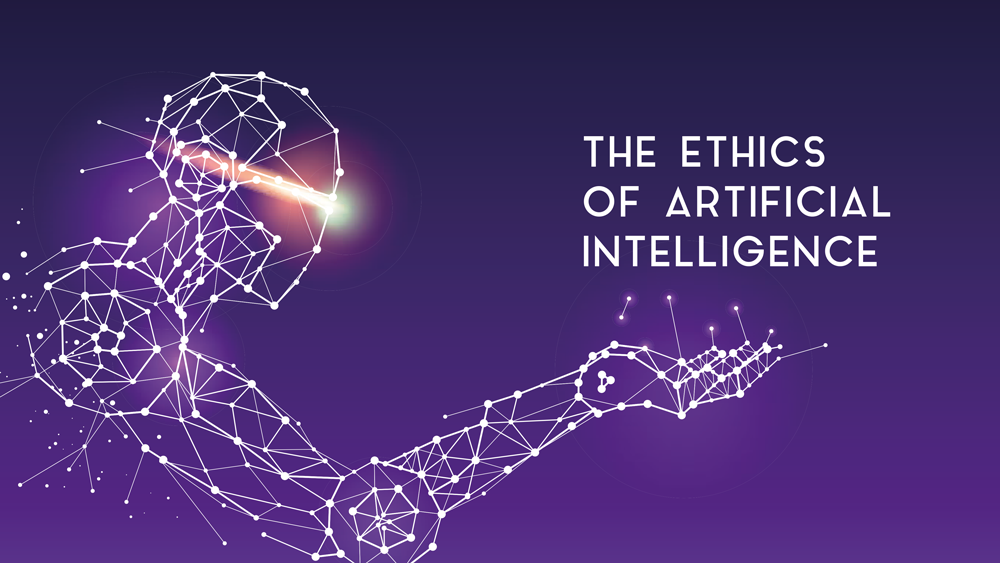Artificial Intelligence (AI) has been making waves in recent years as more and more businesses are implementing it in their day-to-day operations. However, with its increasing presence, ethical considerations have become a major concern for both businesses and consumers. In this article, we will explore the ethical implications of AI, the concerns surrounding it, and what steps are being taken to address these issues.
Introduction
AI has become ubiquitous in our lives, from virtual assistants to self-driving cars. It has revolutionized industries like healthcare, finance, and education, making them more efficient and cost-effective. However, AI's increasing presence also raises ethical concerns that need to be addressed.
The Ethical Implications of AI
AI algorithms and systems are built on data, and this data can be biased, leading to decisions that discriminate against certain groups. For example, facial recognition software has been shown to be less accurate for people of color, which could result in wrongful arrests or other injustices. Additionally, AI can make decisions that have real-world consequences, such as determining loan eligibility or medical treatment options. If these decisions are biased or discriminatory, they could have serious implications.
Concerns Surrounding AI
One major concern with AI is the lack of transparency and accountability. Often, AI algorithms are considered "black boxes," meaning that it is difficult to determine how they arrived at their decisions. This lack of transparency makes it difficult to hold developers and companies accountable for any biases or ethical violations that may arise.
Another concern is the potential loss of jobs due to automation. As AI becomes more advanced, it could replace human workers in certain industries, leading to widespread unemployment.
Steps Being Taken to Address Ethical Concerns
Several organizations and governments have taken steps to address the ethical concerns surrounding AI. The European Union, for example, has proposed legislation that would require AI systems to be transparent, unbiased, and accountable. Additionally, many businesses are implementing ethical frameworks for AI development and usage, such as Microsoft's AI principles or Google's AI ethics principles.
Another approach is to increase diversity in AI development teams. By bringing in diverse perspectives, biases and other ethical concerns can be more easily identified and addressed.
Conclusion
AI has the potential to revolutionize industries and improve our lives, but ethical considerations must be taken into account. It is essential that developers and businesses prioritize transparency, accountability, and unbiased decision-making in their AI systems. With proper attention to ethical concerns, we can ensure that AI is used responsibly and for the benefit of all.
FAQs
- What are some examples of biased AI algorithms?
- How can AI be made more transparent?
- Will AI replace all human jobs?
- What is the role of government in regulating AI?
- How can businesses ensure that their AI systems are ethical?

